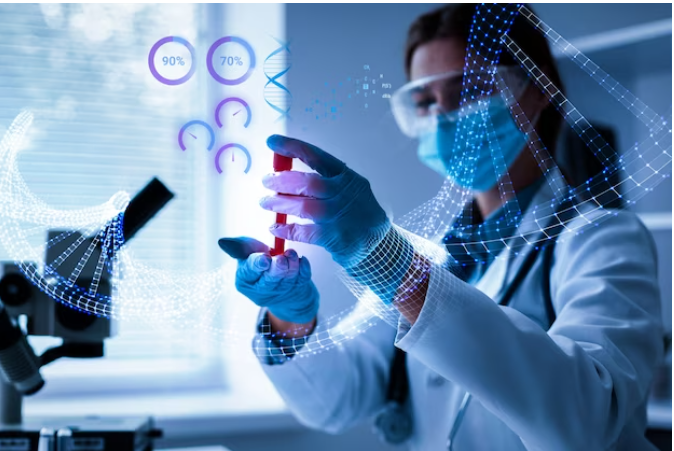In the realm of clinical trials, a crucial figure stands at the forefront of ensuring patient safety, data integrity, and protocol adherence: the medical monitor. This pivotal role encompasses a spectrum of responsibilities, ranging from protocol development to data analysis, and plays a paramount role in safeguarding the well-being of trial participants and the integrity of trial data. In this article, we delve into the multifaceted role of a medical monitor, their importance in clinical research, and the key attributes that define their effectiveness.
Understanding the Role of a Medical Monitor
At its core, the role of a medical monitor revolves around providing medical oversight and guidance throughout the duration of a clinical trial. They work closely with the principal investigator, sponsors, and clinical research team to ensure that the trial is conducted in compliance with regulatory requirements, ethical standards, and scientific principles. Some key responsibilities of a medical monitor include:
- Protocol Development: Medical monitors are involved in the development of the clinical trial protocol, providing input on study design, patient eligibility criteria, treatment regimens, and safety monitoring procedures.
- Safety Oversight: One of the primary responsibilities of a medical monitor is to monitor the safety of trial participants throughout the study. They review adverse event reports, assess their severity and causality, and make recommendations for protocol amendments or patient management as needed.
- Data Review and Analysis: Medical monitors play a crucial role in reviewing and analyzing clinical trial data to ensure its accuracy, completeness, and consistency. They assess efficacy and safety endpoints, identify trends or anomalies, and provide insights into the overall progress of the trial.
- Protocol Compliance: Medical monitors monitor protocol compliance by conducting site visits, reviewing study documentation, and assessing the conduct of the trial against predetermined protocols and standards of practice.
- Investigator Training and Support: Medical monitors provide training and support to investigators and site staff, ensuring they understand and adhere to the study protocol, regulatory requirements, and Good Clinical Practice (GCP) guidelines.
Importance of a Medical Monitor in Clinical Research
The presence of a medical monitor is integral to the success of a clinical trial for several reasons:
- Patient Safety: Medical monitors play a critical role in ensuring the safety and well-being of trial participants by promptly identifying and addressing any safety concerns or adverse events that may arise during the course of the trial.
- Data Integrity: Medical monitors help maintain the integrity and validity of trial data by monitoring data collection processes, reviewing data for accuracy and completeness, and identifying and addressing any data discrepancies or inconsistencies.
- Protocol Adherence: Medical monitors ensure that the trial is conducted in accordance with the study protocol, regulatory requirements, and ethical standards, minimizing deviations and enhancing the reliability of study results.
- Regulatory Compliance: Medical monitors help ensure that the trial is conducted in compliance with regulatory requirements and guidelines set forth by regulatory authorities such as the FDA, EMA, and ICH.
Key Attributes of an Effective Medical Monitor
Effective medical monitors possess a combination of clinical expertise, regulatory knowledge, analytical skills, and communication abilities. Some key attributes of an effective medical monitor include:
- Clinical Expertise: Medical monitors should have a strong background in clinical medicine and a thorough understanding of the therapeutic area and disease state under investigation.
- Regulatory Knowledge: Medical monitors should have a comprehensive understanding of regulatory requirements and guidelines governing clinical research, including GCP, FDA regulations, and international standards.
- Analytical Skills: Medical monitors should possess strong analytical skills and the ability to interpret complex clinical data, identify trends or patterns, and draw meaningful conclusions.
- Communication Abilities: Medical monitors should have excellent communication skills and the ability to effectively communicate with investigators, sponsors, regulatory authorities, and other stakeholders involved in the clinical trial.
In conclusion, the role of a medical monitor is indispensable in ensuring the safety, integrity, and success of clinical trials. By providing medical oversight, safety monitoring, data review, and protocol compliance, medical monitors play a pivotal role in advancing medical knowledge, improving patient care, and bringing new therapies to market.





Comments